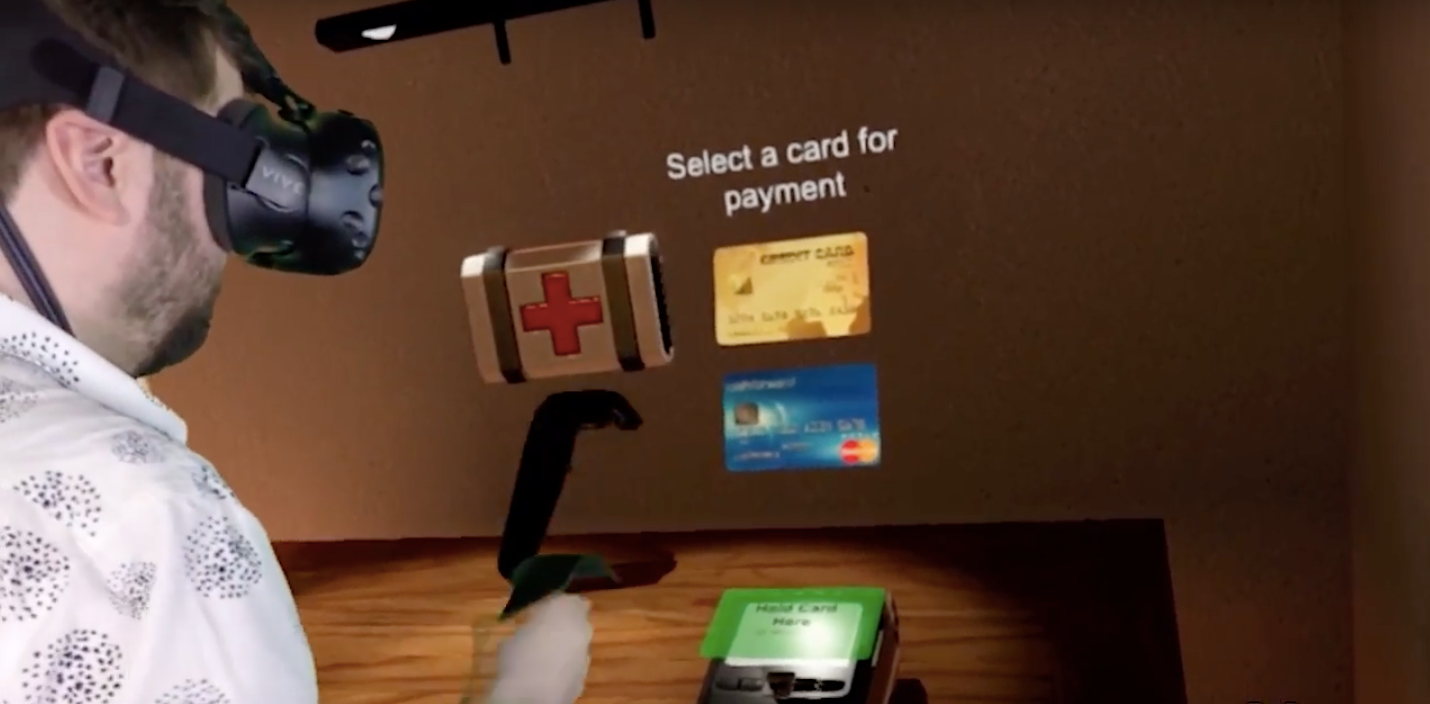Virtual reality shopping, but with real credit cards
VR register UK payment company WorldPay wants to let people buy things in virtual reality. Tied to the HTC Vive, a new app lets users pick up virtual goods which then brings up a price—and a virtual cash register. Buyers complete the purchase by staring at the item for multiple seconds, or picking it up, and then swipe their virtual credit card (which looks like their real one) into a virtual card reader.
The company spent the past 18 months working on the prototype, which lets users automatically buy things under £30 ($39), or enter a pin number by selecting numbered spheres to purchase goods that cost more. WorldPay says its app is primarily aimed at video game companies, and also retailers such as Ikea which has been experimenting with allowing shoppers wander its stores virtually.
Uber unfair UberX riders may be paying more for their rides than even their drivers know. Uber charges a fee, subtracting this amount (and other taxes) from a fare before paying out a driver. It's akin to a taxi driver having to pay a certain amount for renting their cab or for accepting a credit card. But according to a Federal class action lawsuit filed this week, drivers are being shown that that UberX riders paid a different fee for their ride—one that's significantly lower. For example, Fast Company shows a rider who was charged $16.60 for an UberX ride—but the driver was told the fare had been $12.79, and was paid out just $8.54. Where did the $3.80 difference go? That's what riders wants to know. (Via Fast Company)
Your Aura Aura is a home security network that uses breaks or disturbances in wireless signals to tell if someone's there when they shouldn't be. Lee Turner put the device through a workout to find out how well it worked in small apartments, and large homes. Curious? We were too.
